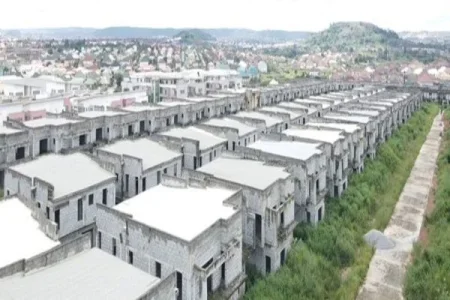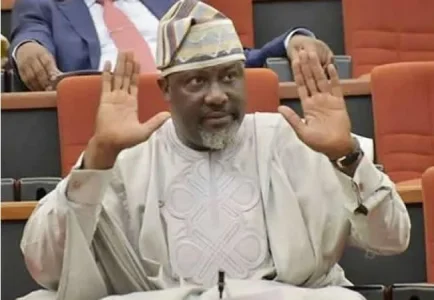
The EFCC recovers an estate with 753 duplexes in Abuja's Lokogoma District, marking its largest asset recovery. A court ruling ordered the forfeiture after linking the estate to proceeds of corruption by a former government official. EFCC Chairman emphasizes asset recovery as vital to Nigeria's anti-corruption fight.
The Economic and Financial Crimes Commission (EFCC) has achieved its largest asset recovery, reclaiming an estate comprising 753 duplexes and apartments in Abuja's Lokogoma District. Justice Jude Onwuegbuzie ruled the estate was acquired with corruption proceeds and ordered its forfeiture to the Federal Government.
The EFCC's investigation revealed that the estate was tied to a former government official accused of fraud. EFCC Chairman Ola Olukoyede emphasized the importance of asset recovery in combating corruption, noting that tracing and recovering assets during investigations is a critical strategy. He highlighted how denying suspects access to illicit funds weakens their ability to obstruct justice.
Despite the significant recovery, reactions from Nigerians have been mixed, with many questioning the lack of transparency surrounding the identity of the former official. Social media users have expressed frustration at the anonymity of the individual involved, demanding full disclosure to build trust in the EFCC's actions. Some critics argue that if it were an ordinary Nigerian, their name and images would have been publicly revealed, but the same standard does not apply here.
While some praise the EFCC's recovery efforts, others remain skeptical, suspecting that the property may eventually be sold off or handed over to those implicated in the corruption.




